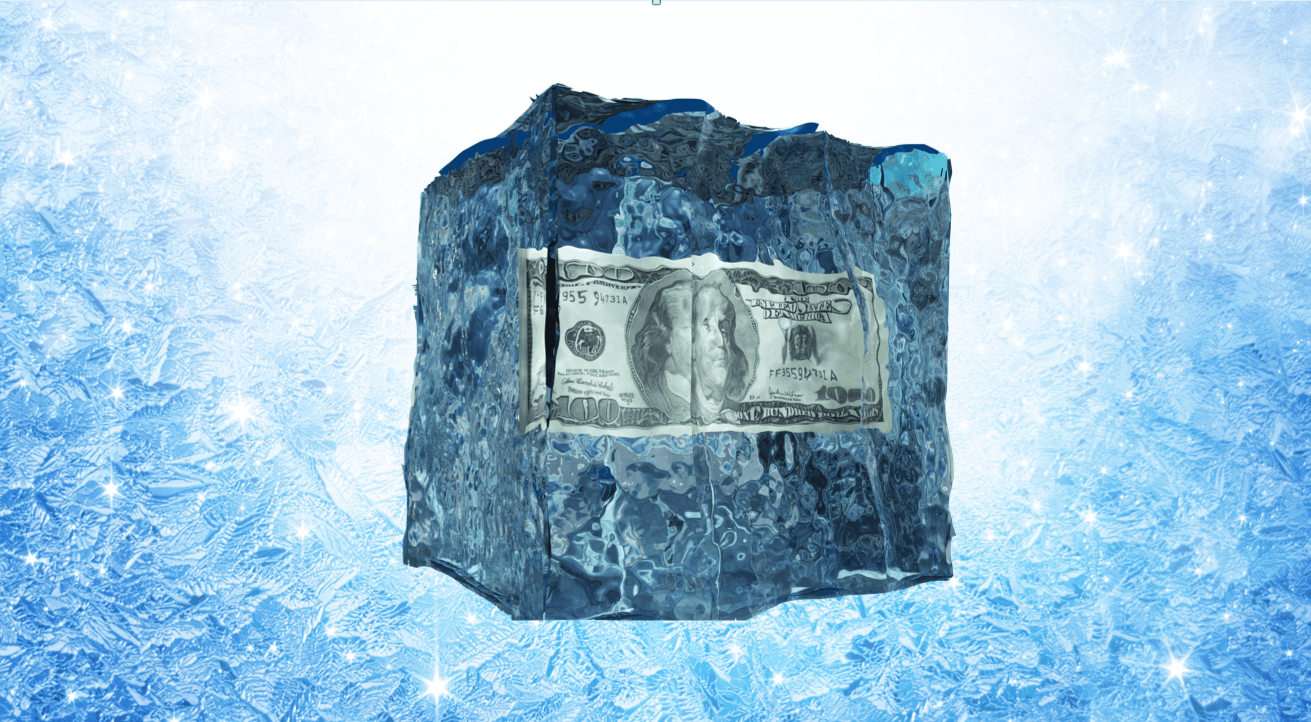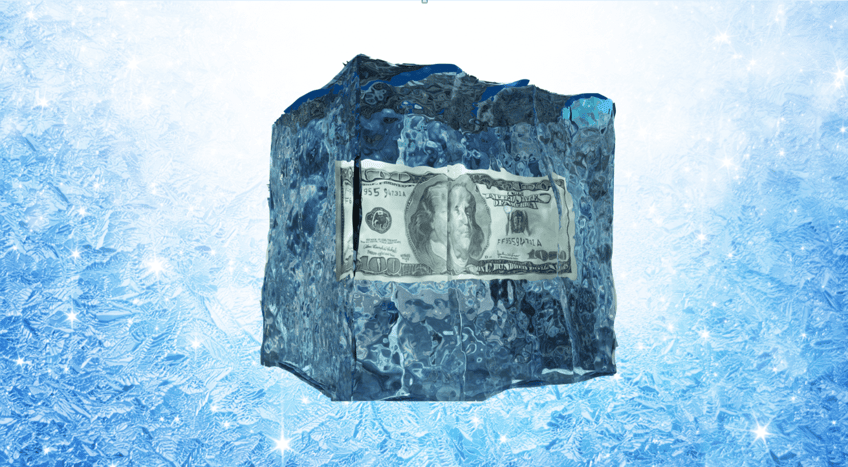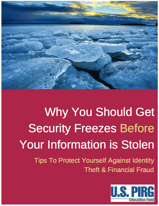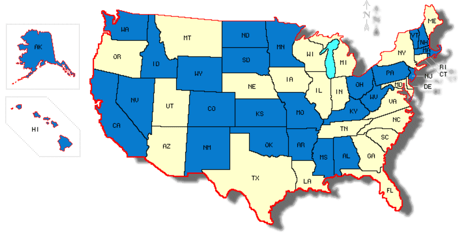Cyber Crime - Who's Protecting You?
The world's leading researcher covering the global cyber economy says we will soon experience the greatest transfer of wealth in the history of...

If you haven't accepted the "new normal" for cyber risk yet, the Equifax breach ought to do the trick. Here's the why, what, and how of freezing your credit files and much more.

It is highly likely some of your personal information was lost to hackers well before the Equifax headlines last month. Your social security number, credit card numbers, bank account information, and the passwords you regularly use - all have been and are still being stolen from the numerous corporations, government agencies, small businesses, and professional advisors you trust. You should assume most of it's for sale on the darknet, or will be soon.
Your Equifax data though? This stuff is different.
Cybercriminals that have been collecting and data-curating your stuff have a new advantage with Equifax-like information. Now their attacks are fueled with details like the color of your first car, your childhood pet's name, where you met your spouse, and the bank that held your first mortgage - to list a few.
These are the missing pieces of your information puzzle cybercriminals have been waiting for - the details that fill the blanks in their data-curation software to broadly expand their potential targets and sharply increase their chances for greater financial success.
For cybercriminals around the world, it's a new game on.
It's as predictable as the holiday shopping season - cybercrime for profit regularly surges between October and January. Online activity like shopping and banking increases, and we are naturally distracted by greater activity, personally and professionally. Hackers know this, and their plans for the holidays likely include you and some aspects of your family and business. You should be extra aware and careful through the new year 2018.
The Equifax breach is launching a new era in cybercrime. From here on it's cause and effect, and the aftermath is as predictable as it is bankable.
The wild financial profits from cybercrime in the coming months will act like a magnet pulling in new players from wannabe's to professional cartels, and, frankly, everything in between. Street criminals, pickpockets, traditional burglars and thieves, extortionists, and fraudsters - they will all want in.
And then, it's tax season. Predictable cause and effect coupled with historical experience and patterns tell us we are entering the golden-years for professional criminals everywhere.
Cybercrime is easy money. It's safe to perpetrate. The profits are big, and the loot is in the form of anonymous cryptocurrencies - portable and liquid too. There is no scene of the crime, victims abound, and they're easy targets - clueless to what is happening during the act and without recourse after the fact.
You, your family, and your business should expect and prepare for years of sharply increasing risks from ID theft, financial fraud, and cyber-related damages we may not yet begin to envision. If you don't want to be a victim and prefer not contributing to the riches of this new breed of criminal cartel, here is what you must do now.
To prepare for the coming aftermath of the Equifax breach and others, and to position for years of significantly greater cyber risk, you must accomplish these three basics now.
We call this "Device Protection", and like "Private Email Domains", it's one of the "Four Fundamentals" for survival in this new age of risk. The retail and "free" versions of antivirus are not up to the challenges faced today, but fortunately, we uniquely make commercial-grade versions available to anyone. These systems are "Monitored and Managed" for real-time defense and use artificial intelligence and machine learning for maximum automation and efficacy. This stuff works. Like, incredibly well. Ask any of our clients - many will not connect online with out it installed and protecting.


Credit monitoring does nothing to prevent ID theft and anyone can get a free credit score online. In 2015, the U.S. Public Interest Research Group (PIRG) puts it like this:
"Whether your personal information has been stolen or not, your best protection against someone opening new credit accounts in your name is the security freeze (also known as the credit freeze), not the often offered, under achieving credit monitoring."
U.S. Public Interest Research Group, Oct. 2015
Some take-aways from the report:
You can easily “unfreeze” your credit report when you want to apply for new credit. Freezes can be temporarily or permanently lifted when you want.
A security freeze does not affect your credit score.
Feel free to look at your credit score or report as often as you want; your own inquiries have no effect on your score.
Security freezes are available to consumers in all 50 states and DC. A security freeze costs between $3 - 10 for each of the three big national credit bureaus.
 "The top targets for ID theft and credit fraud are kids and seniors."
"The top targets for ID theft and credit fraud are kids and seniors."
Hackers see kids as less aware, more unprepared and under-protected, and with ample room in their credit status to create bogus accounts. Consequences can be far greater than mild inconvenience and these hacks are one of the fastest growing crimes in the U.S.
States around the country have successfully pushed the credit bureaus to allow the creation and freezing of credit reports for minors as a defensive measure for what is expected to be a scourge for many years to come.

The lighter colored states in the map above are those that allow a parent or guardian to order a freeze on the minor's account.
The procedure varies by state, but you can find the specifics you need here:
Total Digital Security uniquely combines new-school training and education resources with state-of-the-science technology that works to protect - all day, every day, personally and professionally.
Contact us for more information about our solutions and services.

The world's leading researcher covering the global cyber economy says we will soon experience the greatest transfer of wealth in the history of...

The Chicago-based firm Hillard Heintze is one of the leading security risk management companies in the world, and Steven Bova isVice President for...

In 2013, I started TDS based on “The Democratization of Cyber Risk” where consumer-based cybercrime damages would eventually surpass those targeting...
Congrats! You've just become a magician. This is the do-it-all module where you can let your creativity run wild. The best part is that it's just going to keep getting more and more awesome over time.